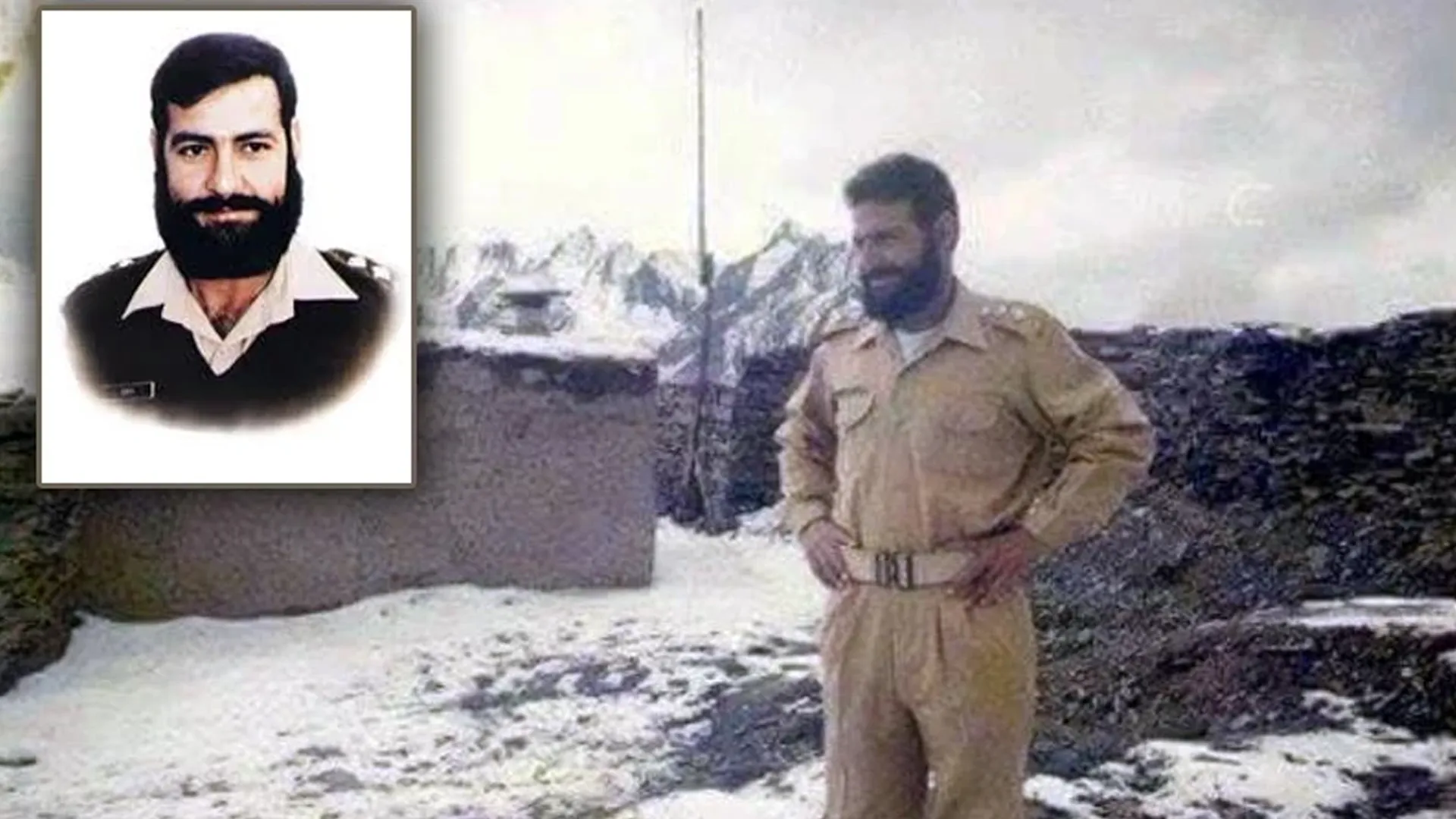In a dramatic demonstration of Pakistan’s changing narrative, the nation’s army on Saturday rendered shining tribute to Captain Karnal Sher Khan, a soldier who died in the 1999 Kargil War, 26 years after it had originally denied his identity and disallowed his body from being claimed. The decision, universally viewed as a step towards making amends for historical denial, has also revealed Islamabad’s hypocrisy regarding its role in the war.
Pakistan Army Honours Sher Khan, Once Disowned
On the 26th anniversary of his death, the Pakistan Army and Chief of Army Staff Asim Munir visited Captain Khan’s grave in Swabi, Khyber Pakhtunkhwa, and accorded him full military respect.
“Captain Karnal Sher Khan Shaheed, the epitome of unshakeable courage and patriotism, gave his life while guarding the motherland with unprecedented gallantry during the Kargil conflict of 1999. He continues to be an eternal source of inspiration for the Armed Forces and the nation,” Pakistan’s DG-ISPR wrote in a tweet on X.
Field Marshal Syed Asim Munir, NI (M), Chief of Army Staff, Chairman Joint Chiefs of Staff Committee, Chief of Air Staff, Chief of Naval Staff and the Armed Forces of Pakistan solemnly commemorate and pay heartfelt tribute to Captain Karnal Sher Khan Shaheed, Nishan-e-Haider, on… pic.twitter.com/D62qjQqV0U
— DG ISPR (@OfficialDGISPR) July 4, 2025
“Exhibiting exceptional leadership and unparalleled gallantry, Captain Karnal Sher Khan Shaheed led from the front and sacrificed everything defending the sovereignty of the country,” it further stated.
India Honored Him First
Ironically, Pakistan refused to accept Khan’s body when Indian forces discovered it on Tiger Hill in the Dras sub-sector. Even with personal documents proving his identity, Pakistan wouldn’t admit that he was a regular soldier, going by its bogus claim that only “mujahideen” took part in Kargil.
India first recognized Captain Khan’s valor. Then-Brigadier MPS Bajwa, who commanded the 192 Mountain Brigade, admired Khan’s bravery and wrote a citation for him. He inserted it into Khan’s pocket before handing the body over to Pakistan, which compelled their eventual acceptance.
This act compelled Pakistan to posthumously award Captain Khan the Nishan-e-Haider, the country’s highest military honor.
Pakistan’s Denial and the Role of ICRC
India started repatriating bodies of Pakistani troops through the International Committee of the Red Cross (ICRC) on July 12, 1999. But Islamabad requested the ICRC not to identify the deceased, including Captain Khan, to keep the cover-up intact.
The Indian Embassy in Washington, on July 15, 1999, issued a statement stating, “Even though the names and identities of the two officers were known to them, the Pakistani request did not include the names and identities of the two officers. The reason is self-evident. The Pakistan government realized that if they accepted the identities of these two officers, then it would shatter the myth that the Pakistan army was not responsible for Kargil.”
Pakistan refers to Captain Khan as a national hero and a figure of military courage today. But his tale reminds us that nations constantly rewrite geopolitical narratives, and the enemy’s recognition of the truth compelled Pakistan to redeem its own.






















